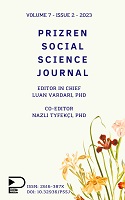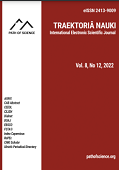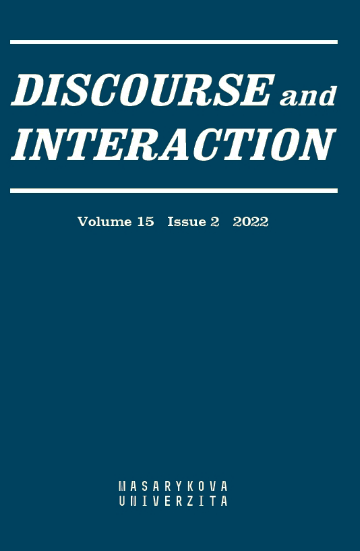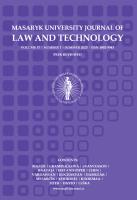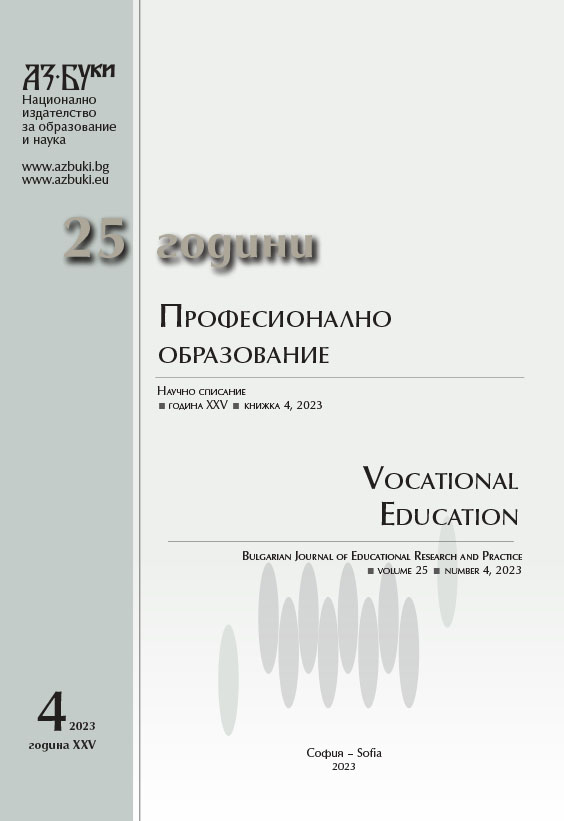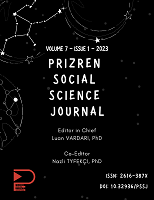
THE RELATIONSHIP BETWEEN EXCHANGE RATE VOLATILITY AND STOCK INDEX RETURN: EVIDENCE FROM TURKEY
THE RELATIONSHIP BETWEEN EXCHANGE RATE VOLATILITY AND STOCK INDEX RETURN: EVIDENCE FROM TURKEY
Keywords: Exchange Rate Volatility; Stock Returns; Granger Causality Test; Turkey;
Exchange rate fluctuations do not affect only the companies and individuals that engage in foreign currency-based transactions. As economic exposure features, even entities with no foreign currency assets and obligations are affected from the movements in exchange rates. Exchange rates, in fact, are closely related with several macroeconomic variables including stock prices and returns. Investigations into the relationship between exchange rate fluctuations and stock returns are widely observed among financial participants and academic circles. This study aims at exploring the link between exchange rate volatility and stock returns by investigating the US Dollar/Turkish Lira (USD/TRY) exchange rate volatility and Borsa Istanbul 100 Index (BIST-100) returns. In the study, 406 days of data for the period 11.03.2020-28.10.2021 were included in the analysis. Augmented Dickey-Fuller(ADF) unit root test was used to analyze the stationarity of the variables. As a result of the test, it is seen that the series arestationary at the I(0) level. After performing the stationarity test, ARMA(2,2) from linear stationary stochastic models and EGARCH(2,2) from general autoregressive conditional variable variance models were estimated to model exchange rate volatility. Then, Granger causality test was used to see if there is a relationship between exchange rate volatility and stock returns. The findings put forward the existence of bidirectional causality relationship between the variables. As the time span of the data period overlaps with the pandemic period, it appears that causality relationship obtained by the study is like the ones that held in the studies in the pre-pandemic period.
More...
